
Celebrate our 40th anniversary with Gustavo Alva, MD, FAPA, our Mood Disorders Section Editor.

Celebrate our 40th anniversary with Gustavo Alva, MD, FAPA, our Mood Disorders Section Editor.
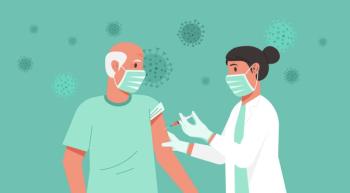
Let's process our trauma, grief, and healing from COVID-19.

"I stood by her side, stunned when her breathing stopped..."

Rejoyn, a new app being prescribed as a depression treatment, is an emotional face memory task designed to correct abnormal neural circuits.

Spring is full of religious holidays, each with potential psychosocial meaning...

Dennis S. Charney, MD, discussed the importance of trying and risking failure when studying new potential treatments, as well as the future of treating depression.
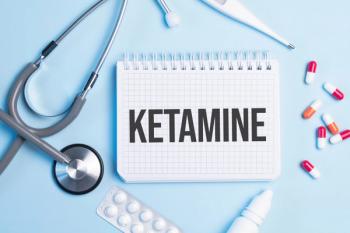
Dennis S. Charney, MD, discussed the discovery of ketamine as a rapid-acting treatment for depression, its journey from skepticism to FDA approval, and its impact on mental health care.
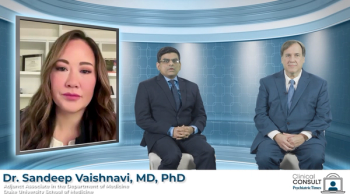




"Suddenly, in every tree, an unseen nest where a mountain would be."

René S. Kahn, MD, PhD, discussed the potential artificial intelligence has to advance the field of psychiatry when diagnosing patients and allowing clinicians to focus on the clinical conversation.
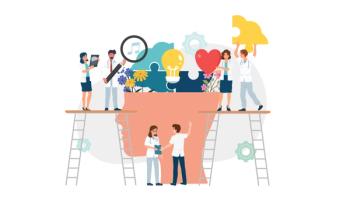
Dennis S. Charney, MD, shared how he encouraged front line health care workers at Mount Sinai during the COVID-19 Pandemic.

Time: as important a concern as the economy? H. Steven Moffic, MD, elaborates.

The PREDiCTOR study is trying to develop objective measurements for psychiatric diagnoses.

Margot Rittenhouse, MS, LPCC, discussed how caregivers and clinicians alike can identify warning signs and support adolescents experiencing eating disorders.

Dennis S. Charney, MD, shared how he has fostered success during his tenure as the Dean of the Icahn School of Medicine at Mount Sinai.

Dennis S. Charney, MD, celebrates the 40th anniversary of Psychiatric Times discussing the history of psychiatry and where he hopes the future lies.

A new study from Mount Sinai Health System and IBM Research is investigating the use of AI in developing objective measures for psychiatric diagnoses.
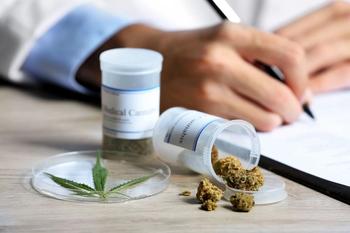
Learn more about the need for closer collaboration between psychiatry and cannabis research to explore its therapeutic potential, mitigate risks, and advance evidence-based mental health treatments.


What challenges, stigma, and barriers are faced by youth in marginalized communities?
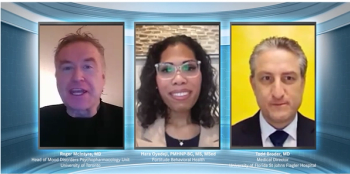


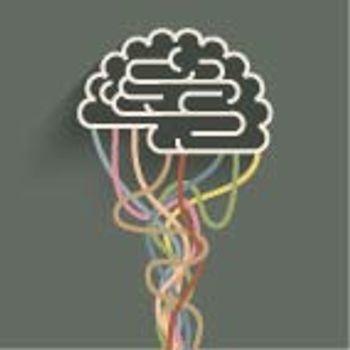

Cannabis use disorder and schizophrenia both peak in prevalence around the same age. Is there a cause-and-effect relationship?

"Driving the Garden State Parkway to New York, I pointed out two crows to a woman who believed crows always travel in threes..."

Learn more about the American Society for Adolescent Psychiatry from member Chad Lennon, MD.